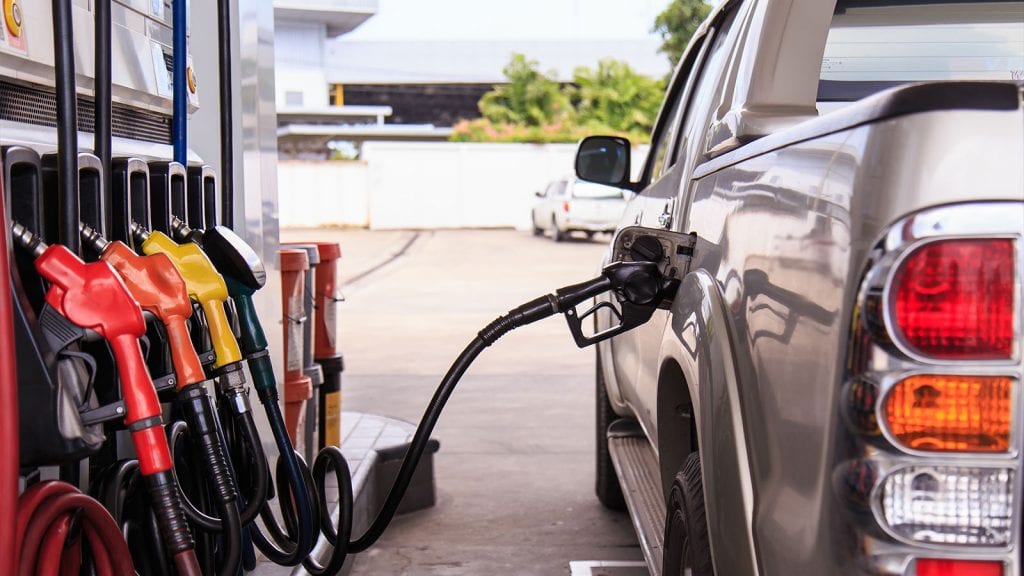With gas prices today, improving your mileage when driving is crucial. You should always try to stretch your tank as much as you can, to limit the fill ups per month and save money. This is the most important for those whose cars eat up a lot of fuel. Regardless of the car type, extra money at the end of the month never hurts. Here are the best tips for you to consider.
9. Pulse and Glide
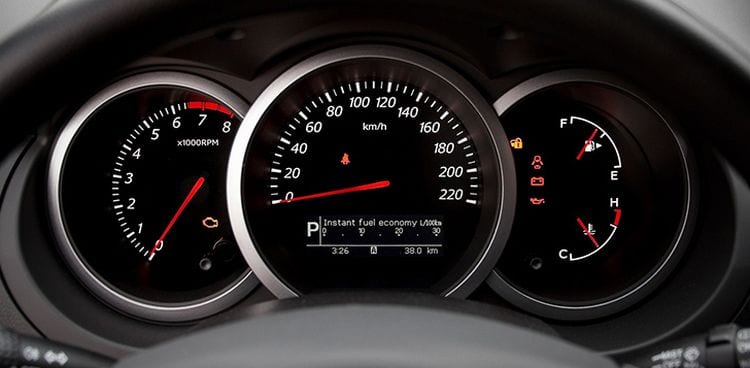
To use this technique, quickly accelerate to the desired speed and drive like that until the car slows down significantly. Repeat this over and over. This will save gas because the engine works closer to its maximum efficiency with sharp acceleration, while coasting does not use much gas at all.
This is the most efficient among the hills, when you can glide while going down hill. The technique is not ideal however when other cars are on the road with you, as you have to slow down for the person in front of you. Furthermore, it is dangerous to glide when close behind another car.
8. Coast to Stop Signs and Red Lights
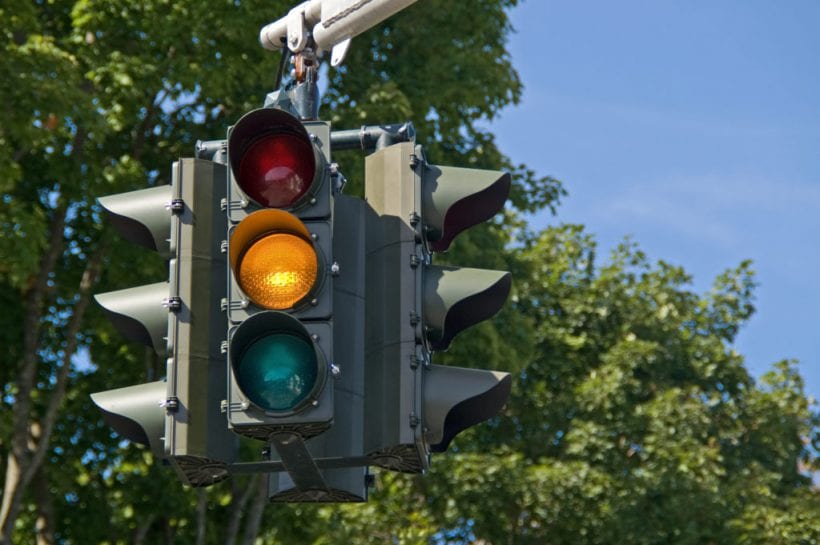
When the traffic light down the road is starting to turn yellow, accelerating suddenly will not get you past it in time. But, if you stop accelerating and coast until you stop, you will save more gas than you would by running through as it turns red. This is also applicable on exit ramps, bends in the road and stop signs. Whenever you need to stop or decelerate, coasting will save gas.
7. Replace Air Filter and Spark Plugs
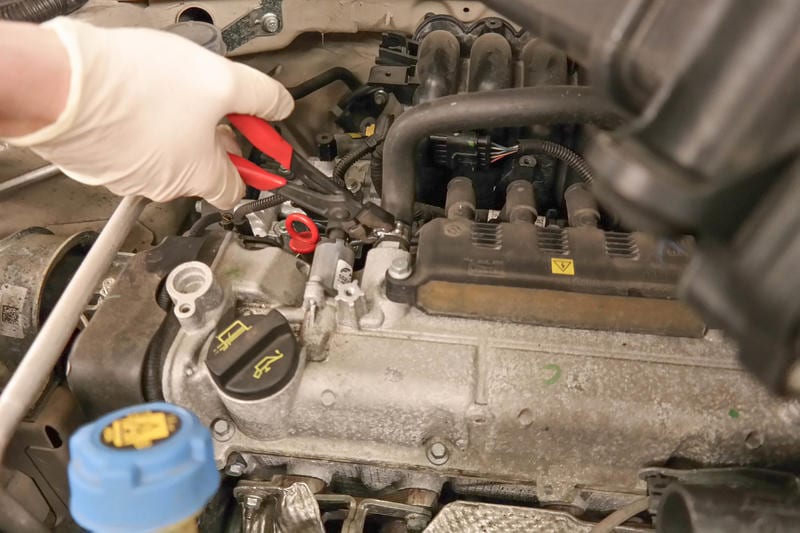
By doing this during a routine checkup, your car will not only last longer, but help the engine burn gas efficiently. When most cars are in question, this simple trick will only set you back $50 if you are one of the people who like to utilize the DIY car maintenance.
6. Use the Recommended Motor Oil
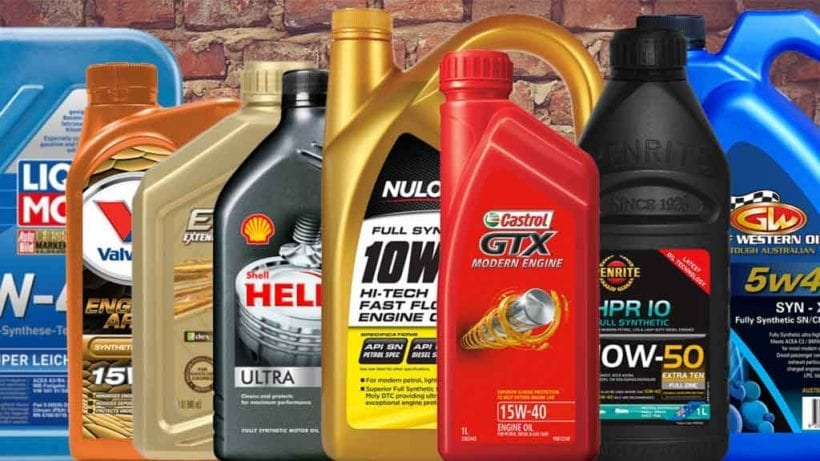
It is always better to use the recommended oil exactly made for your car and engine, as they are designed to work best with their respective oil type. If you pour heavier weight oil than recommended, it may create too much friction, making the poor engine work harder and burn much more fuel. The car’s user manual should tell you which oil is best for your machine. From now on, only use that type of oil.
5. Properly Inflate Tires
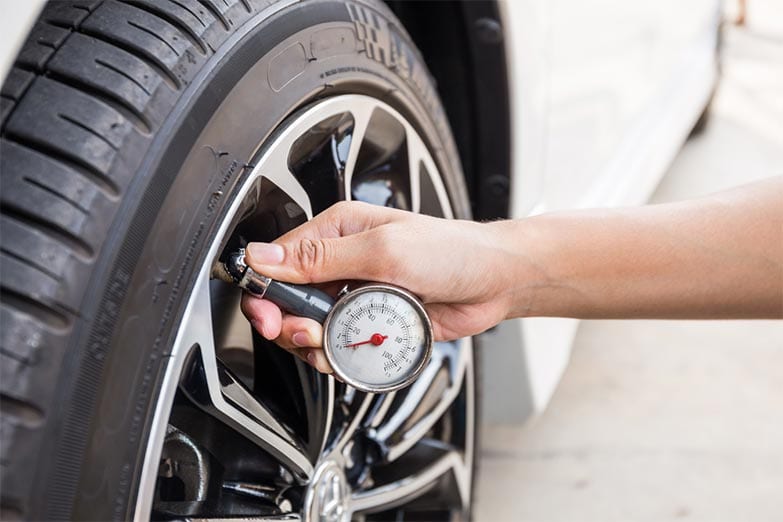
Tires that are always properly inflated greatly reduce fuel consumption. With under-inflated tires, the engine needs more gas to get the car moving. The tires should be inflated to the pressure level that is in your owner’s manual. This will result in the best gas mileage and traction balance, which furthermore translates into big amounts of money saved. For example, a 10-PSI under-inflated tire may cost more than five MPG.
4. Check Your Gas Cap Seal
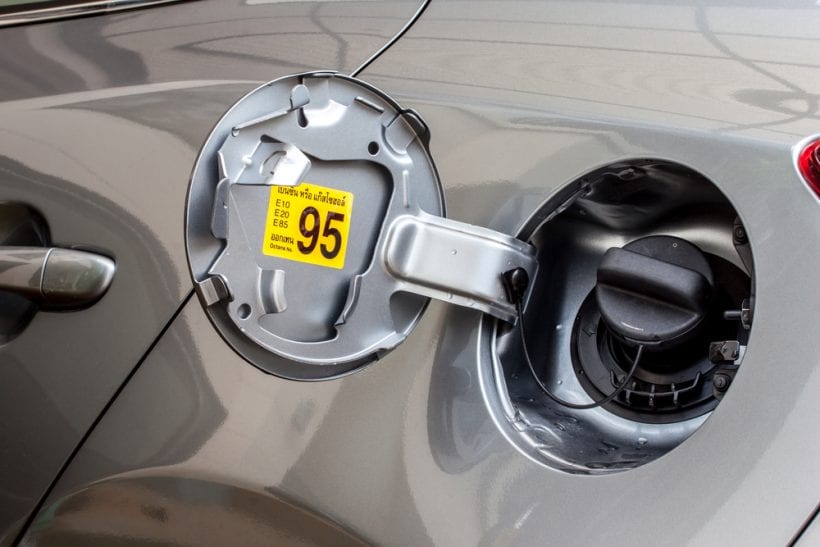
The rubber seal of the gas cap is prone to breaking down due to wear and tear. This allows oxygen to leak into the tank causing a surplus of air to enter the engine. This whole process ends with more fuel burned than necessary. Replacing the cap is a very easy job and should be done every few years. They usually cost between $20 and $30.
3. Use Cruise Control
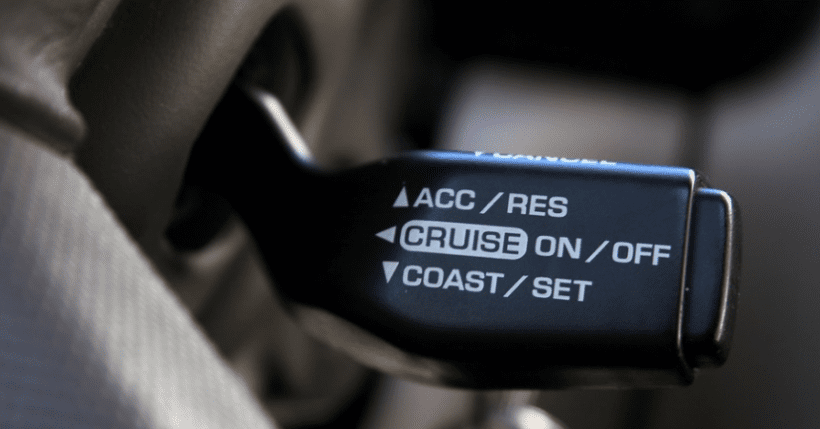
Using cruise is a great feature that helps you to maintain a safe, legal, and gas-efficient speed. Best of all, you do not have to adapt the speed to others around you. In addition, using the cruise control feature helps you to reduce the need for acceleration and braking, which means more miles.
2. Drive at the Speed Limit or Below
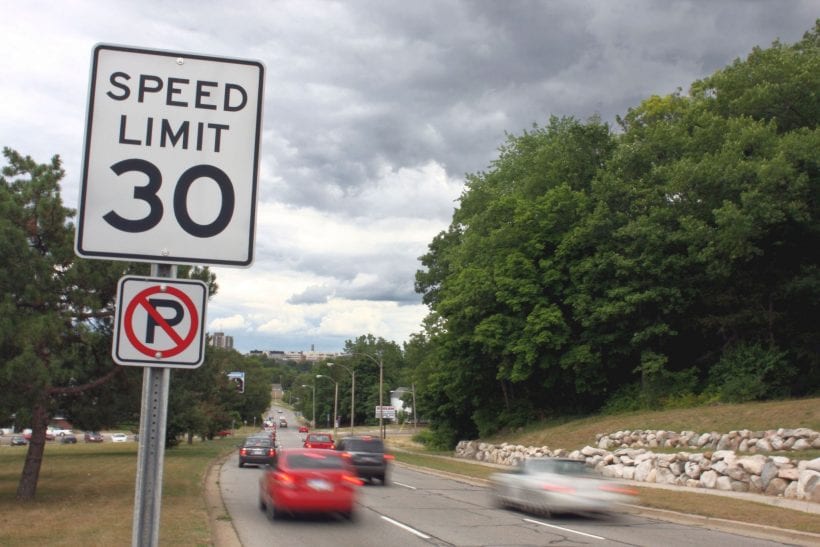
Most of the cars are less efficient with fuel at 60 mph and higher. Driving slower directly influences your mileage. Cars vary greatly when it comes to the most efficient speeds. None however have the best efficiency speed set higher than 60 mph.
1. Reduce Excess Weight
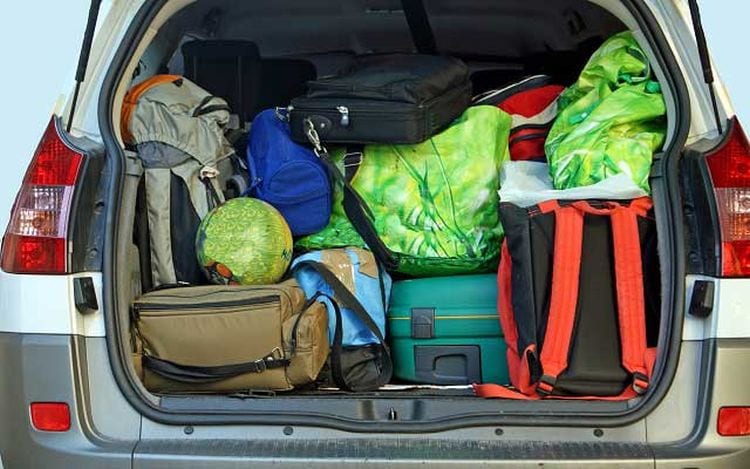
All of the unnecessary things in your car may pile up to weigh a lot. If you have a car with front-wheel drive, extra weight in the back means that the front wheels cannot get the best grip. This reduces your overall mileage. Extra weight also means that the engine needs to work harder to move the car. This also reduces mileage of course. If you have a lot of things in your car, try to lighten the load as it can help you get some additional miles.

